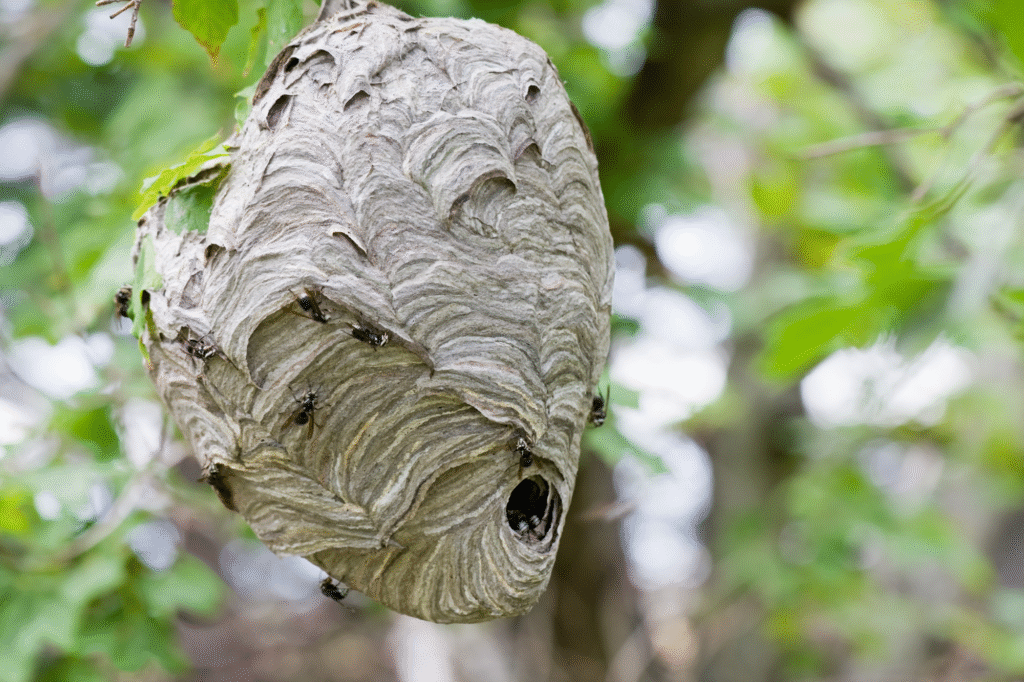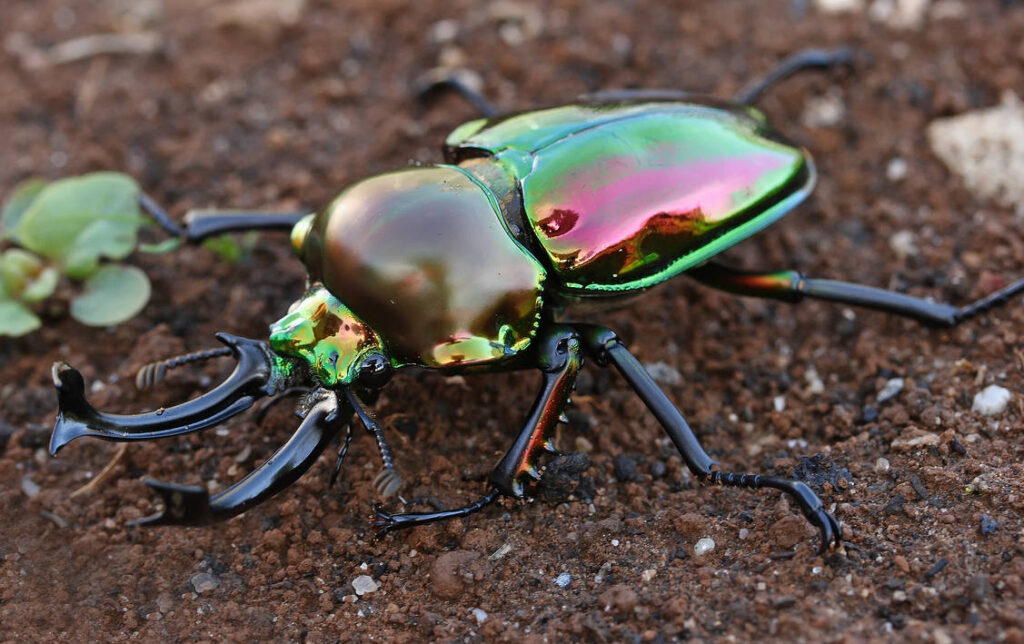Scientists never expected wasps to carry traces of nuclear waste back to their nests.

When researchers checked abandoned buildings at the old Savannah River nuclear site, they expected dust, decay, maybe an owl or two. What they didn’t expect was a giant wasp nest emitting detectable radiation. The insects had unknowingly brought contaminated soil and plant matter back to their nest, creating a strange fusion of nature and nuclear history. The discovery is not only bizarre but also revealing, highlighting how wildlife adapts and interacts with forgotten industrial landscapes.




